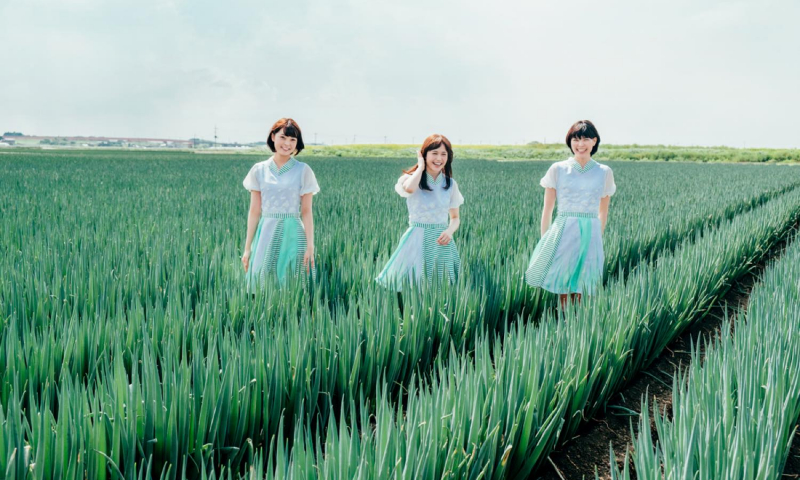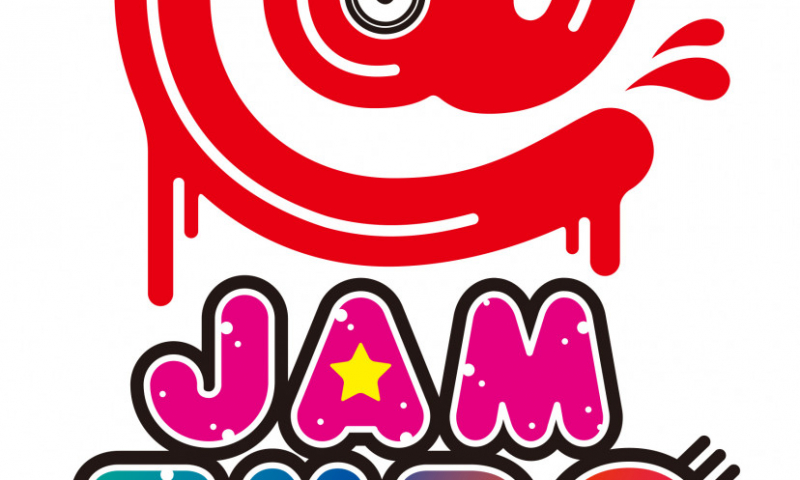
@JAM EXPO 2018 Announced with Host Yufu Terashima!
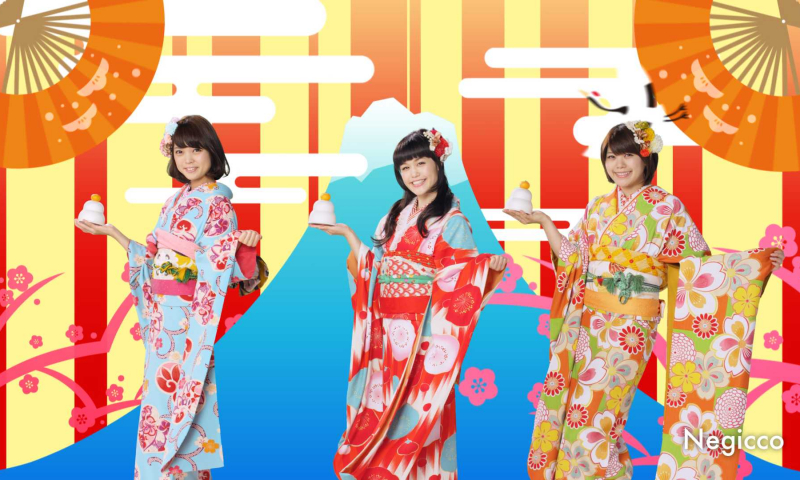

Sponsored Links
Do you know the idol fans who call themselves “Gakkyoku-ha”? The word “Gakkyoku” means a song and the word “ha” means a faction. Gakkyoku-ha indicates idol fans who especially like idol songs rather than their visual. This phrase is often used to distinguish Gakkyoku-ha from other idol fans. They insist that they like idols because idol songs are their favorite, so they do not wish to join events like hand-shaking or cheki.
The phrase “Gakkyoku-ha” comes to have a different meaning when it refers to idols. Gakkyoku-ha idols, even though they do not call themselves so, own songs a little bit unique and interesting. The songs are usually composed by famous artists who tend to have no relationship with idols in their career. It is a biased view which many of Japanese have that an idol song is somewhat inferior to that of artists but songs of Gakkyoku-ha idols certainly are amazing.
That kind of a song likely has its root in a genre of music called “Shibuya-kei“. It thrived in 1990s in Shibuya since there existed many foreign-affiliated music chains like Tower Records and HMV in Shibuya at that time. Shibuya-Kei artists are influenced by notable performers and studio auteurs of the 1960s like Serge Gainsbourg and Joao Gilberto. The typical artists are TOWA TEI, Original Love, and Cymbals.
Negicco can be seen as one of the Gakkyoku-ha idols. Their song “Triple! WONDERLAND” is composed by Hiroaki Yano, the ex-drummer of Cymbals, and also “Hikari no Spur” is done by Takao Tajima, the current vocal of ORIGINAL LOVE. After releasing these songs in 2014, Negicco suddenly started attracting much attention for the quality of songs.
It would not be a mistake to call Especia a vaporwave idol. This article defines vaporwave as
“It’s “chillwave for Marxists,” “post-elevator music,” “corporate smooth jazz Windows 95 pop,” and (my personal favorite) “better than that witch house shit.”
The MV below clearly shows the characteristic of vaporwave. Also Especia’s songs likely have its root in 80’s music, for example, Especia covers Tatsuro yamashita’s song “Midas Toush”. Their overall impression is nothing more than a re-birthed 80’s artist, even though the members do not know anything about 80’s.
However, idols in fact have been given songs from other artists from way back. What has been making idol fans focus on the songs?
It has been over 10 years since YouTube started to run its video-sharing website on February 14th, 2005. Young people today use Youtube instinctively as it has been existed before they were born. It enables them to reach various kinds of music from great antiquity to the present day. In the past, people had to put a record on the player to listen to old songs like 1960s. However, men of today can listen to them easily with just one click.
Recently cero became a band which many people’s attention is centered on. They released the third album named “Obscure Ride” in May 27th and it had an impact on music listeners in the new age. It is not difficult to feel elements of great musicians like D’ANGELO and Robert Glasper in the album. Finally, Japan had become even more receptive to the sense of Western music. cero will become much bigger as this scene spreads through all over Japan.
This rule does not only apply to musicians but also to idols. Especially, Gakkyoku-ha idols have songs which are highly influenced by foreign music and now people on the land have ears that can understand and listen to them. Negicco successfully finished the live concert at Hibiya Yagai Ongakudo and Especia will conduct a tour all over japan and its final concert will be held at STUDIO COAST which can contain about 2400 people. The counterattack (gyakushuu) of Gakkyoku-ha idol may have already begun.
Related Links:
Negicco Official:http://negicco.net
Especia Official:http://especia.me
Sponsored Links
Especia Negicco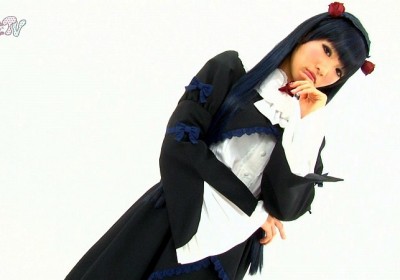
[Exclusive Program] Tokyo GIrls’ Update TV #006 : SBY in Shibuya109 & Pikarin’s Cosplay
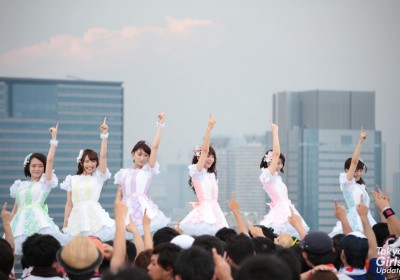
Tokyo Idol Festival 2015 Platinum Passport Photo Collection: 3min., PASSPO☆, predia, palet


